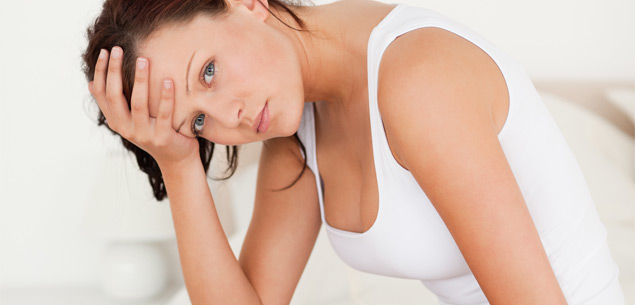For around 130,000 Kiwi women, endometriosis makes life a misery. It causes fragments of the womb’s lining, known as endometrial tissue, to grow outside of the uterus, which can cause very painful periods. But there are lifestyle changes you can initiate that may make the symptoms a little more bearable. There are also some theories that these lifestyle factors may be able to hold endometriosis at bay.
CUT DOWN ON RED MEAT
Several studies have found a strong connection between endometriosis and diets that are high in red meat. One study found that women who ate beef every day were nearly twice as likely to have endometriosis.
GIVE PASTRIES A MISS
Some pastries, crackers and margarines can be high in transfats, which may increase the risk. In one trial, women who had the highest intake of products containing transfats had a 48% greater incidence of endometriosis.
AVOID EATING LOTS OF DIETARY FATS
There’s a theory that high-fat foods – such as full-fat dairy products or meats – can make endometriosis worse because dietary fat can influence the production of hormones called prostaglandins, which in turn can stimulate contractions of the uterus, causing pain. Prostaglandins can also lead to higher levels of oestrogen in the body, which may trigger endometrial tissue to grow. The more this tissue grows outside the uterus, the more complications, such as pain, you are likely to have.
EAT MORE GREENS
Endometriosis seems to be more prevalent in women who don’t eat many green vegetables or fresh fruit. Researchers in one study found women who ate seven or more servings of fruit and vegetables a week were 40% less likely to have the disease.
GET MOVING
Being physically active is probably one of the last things you feel like doing when you’re suffering hideous pelvic pain, but it is worth pushing yourself to keep moving. Exercise releases endorphins, which are our body’s natural pain relievers, while exercising regularly lowers the amount of oestrogen in the body. Moderate exercise has great benefits, but it also helps to include some high-intensity exercise in your routine. Studies show that women who do two-and-a-half hours of high-intensity activity such as jogging or aerobics every week were less likely to be diagnosed with endometriosis.
PUT FISH ON THE MENU
Omega-3 essential fatty acids are not only good for your heart and your brain, but there is also evidence they can play a part in reproductive health, because they can reduce inflammation in the body. Researchers looking at the effect of omega-3 foods (found in oily fish such as salmon and sardines) noticed that women who ate the most omega-3 foods were 22% less likely to have endometriosis.




